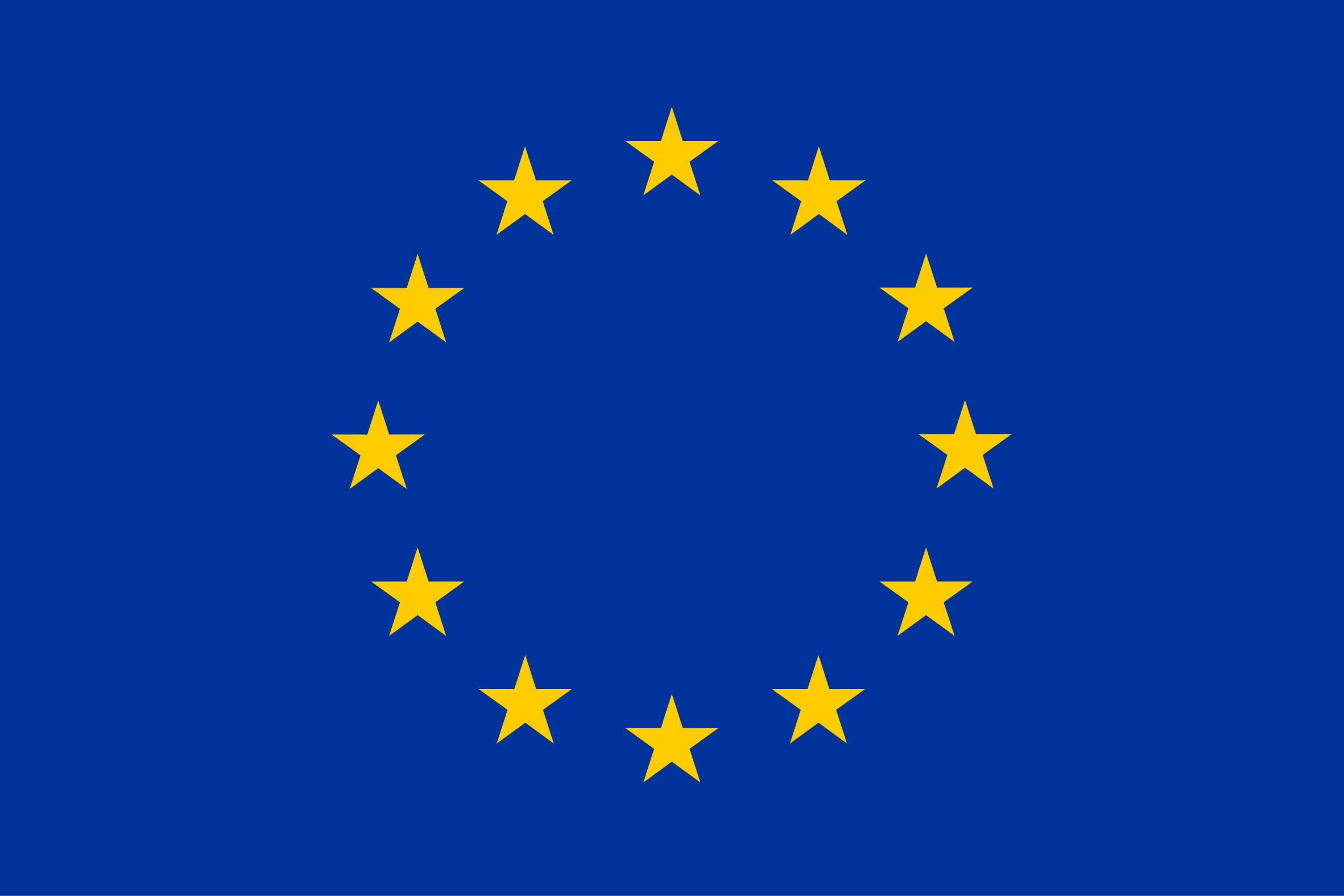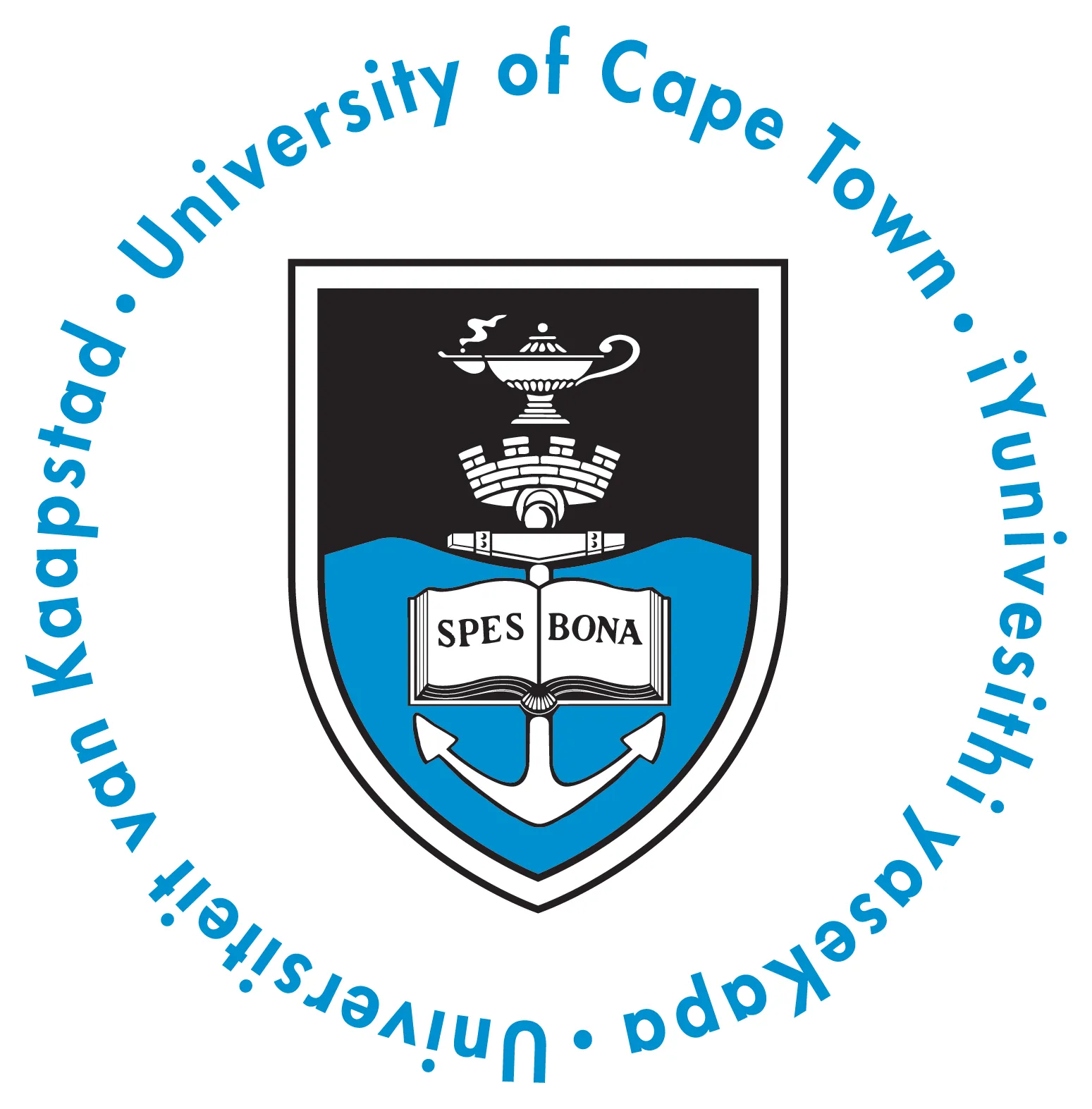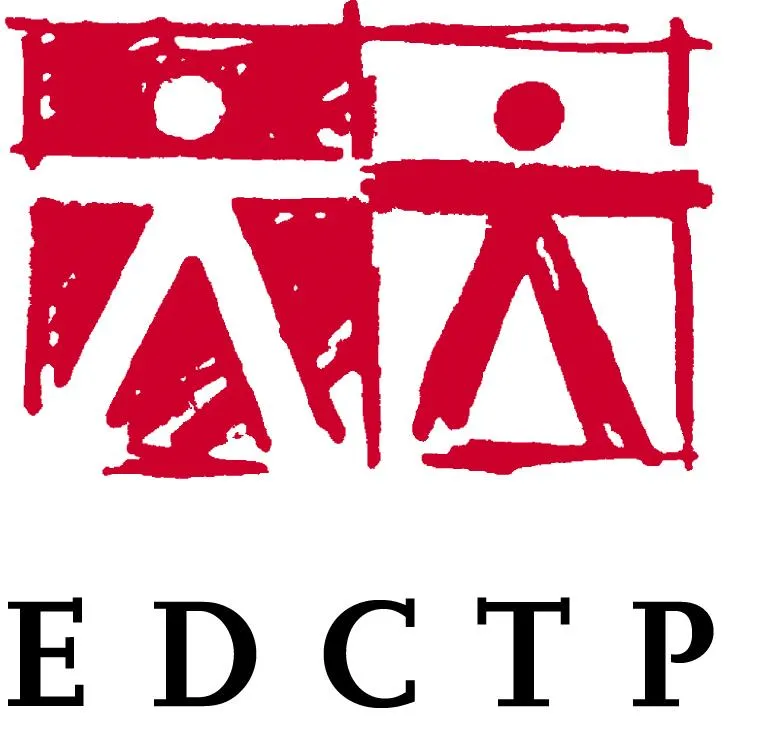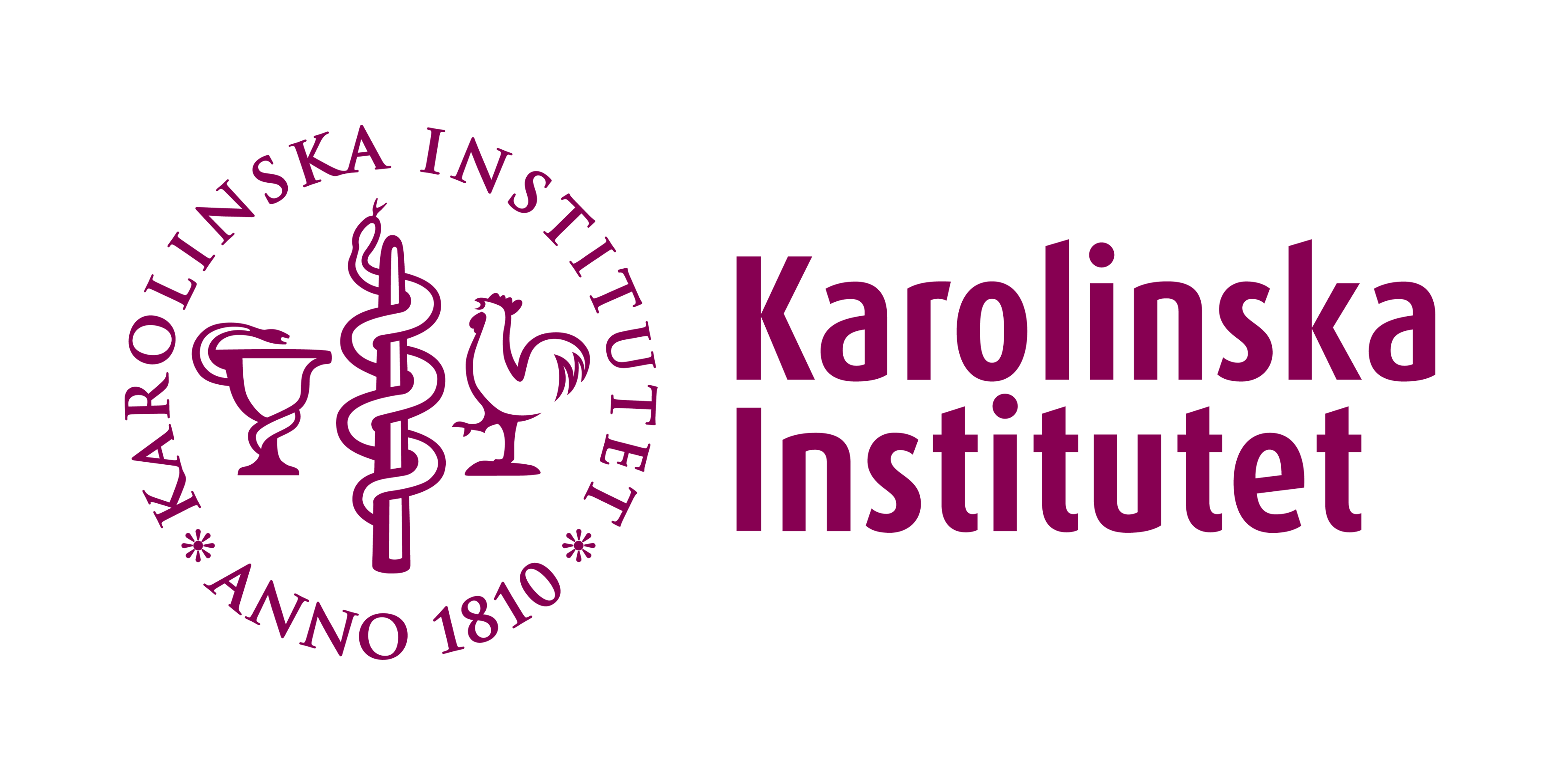COVAB (COVID-19 antibody repertoires in infection and vaccination)
The COVID-19 pandemic, caused by the SARS-CoV-2 virus, represents a major threat to health. It is recognised that research networks must work together to operate more quickly and obtain results. By studying antibody evolution in the UK and Uganda, we can compare populations. Furthermore , developing an ex vivo challenge model for SARS-CoV-2 will facilitate early vaccine development. In parallel we will carry social science public engagement work to develop strategies to deliver information to communities in a way that people understand and that limits the spread of misinformation.
What is COVAB?
COVAB is a collaborative African / European SARS-CoV-2 programme running in South Africa, Sweden, UK and Uganda.
COVAB Partners
COVAB is a consortium of clinicians, virologists, statisticians, social scientists, immunologists, and public engagement and communicators. The preparatory work was undertaken by King's and the project involves partners from Africa and Europe. The antibody evolution component will be undertaken in the UK and Uganda (UVRI). The ex vivo challenge study will be conducted in Johannesburg, South Africa, with the ex vivo challenge taking place in laboratories based at the WITS/UCT in South Africa, and Imperial College in London. Markers of inflammation will be analysed at WITS, Imperial College and the Karolinska Institute. Antibody levels will be analysed at KCL.
Aims
1. Understanding antibody evolution following exposure to and/or SARS-CoV-2 infection
a. Characterising quality and phenotype of protective antiviral antibodies in COVID-19 patients and healthcare workers in UK and Uganda
b. Investigating COVID-19 antibody evolution and durability (ELISA Ab and nAb responses) in RT-PCR confirmed COVID-19 cases and contacts
c. Determine the impact of previous exposure to seasonal coronavirus infections on protection and severity of SARS-CoV-2 infection.
d. Clone SARS-CoV-2 spike specific human monoclonal antibodies with potent virus neutralising capabilities.
2. Using the mucosal tissue explant model to investigate factors associated with infection by SARS-CoV-2 across oral and nasal mucosa biopsies.
a. Validate ex vivo challenge model for use in SARS-CoV-2 across nasal and oral mucosa
b. Determine whether individuals with past exposure to SARS-CoV-2 can be re-infected
c. Determine whether SARS-CoV-2 acquisition susceptibility is affected by HIV serostatus, age, or inflammation
e. Determine effect of SARS-CoV-2 and prevention agents on upper respiratory tract immunology
We will conduct a prospective ex vivo SARS-CoV-2 challenge study using oral and nasal tissue biopsies taken from 5 groups of healthy volunteers.
3. Develop understanding from communities to develop information tools and engagement for future COVID vaccine trials
Qualitative interviews will be carried out in the General Population cohort, a rural community, Uganda.
Impact
Through evaluating antibody development and cloning novel monoclonal antibodies in COVID-19, we aim to identify a conserved nAb across two countries that could be used for vaccine and immunotherapy. It is the first time that ex vivo challenge has been used for SARS-CoV-2 transmission.
This project is part of the EDCTP2 programme supported by the European Union.
Our Partners

European Union

Wits Health Consortium

University of Cape Town

European and Developing Countries Clinical Trials Partnership
Principal Investigator
Investigators
Funding
Funding Body: EDCTP
Amount: EUR 446 075
Period: November 2020 - October 2021





